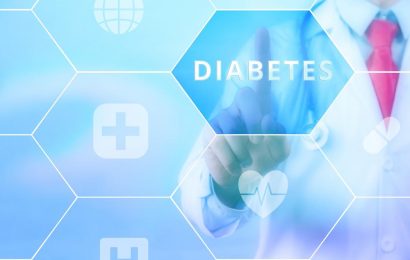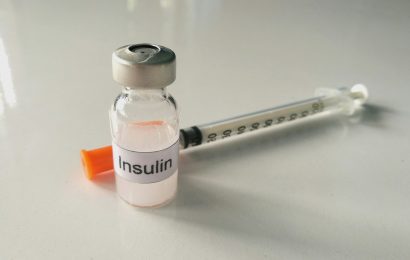Last week, I wrote about the relationship between depression and diabetes, and the post received some great replies. This topic is definitely worth two more blog entries, so here goes:
Why Should We Care About Depression?
Depression is more crippling than illness or disability. When you have a physical disability, you can look forward to the game coming on or a friend visiting. When you’re seriously depressed, you can’t look forward to anything. In reply to last week’s blog entry, ewhitt wrote: “It makes me want to be comatose…not go out…not see anyone….just sleep and withdraw….and that is just so not like me before. I have always been large but that hasn’t stopped me from enjoying my life. However, depression has and the thing is the inactivity feeds the diabetes….catch 22…”
The combination of diabetes and depression can be deadly. “When you add diabetes and depression,” says Patrick Lustman, Ph.D., professor of psychiatry at Washington University School of Medicine in St. Louis, “…each becomes more difficult to control, increasing the risks of…complications.”
Why? Well, there are effects on behavior. Depressed people tend to eat more and exercise less, which results in weight gain and sabotages efforts at controlling blood glucose levels. But an even stronger connection is stress. Depression is stressful, and stress increases blood glucose and insulin resistance. A study published in the journal Psychosomatic Medicine found that depression in diabetes correlated with high blood glucose and poor self-care, but that poor self-care played a very small role. The researchers felt the main cause was probably a mind/body effect, such as stress.
Treating Depression
But if depression can trigger diabetes or make it much worse, it stands to reason that effectively managing one’s depression can help bring one’s diabetes under control. Dr. Lustman and his colleagues have tested that theory in a number of studies. They have found that treating depression improved blood glucose control. It didn’t matter if they used the tricyclic antidepressant nortryptaline (brand name Pamelor), a selective serotonin reuptake inhibitor (SSRI) like paroxetine (Paxil), or cognitive/behavioral therapy to treat the depression. People’s blood glucose levels improved in every case.
So medicine and therapy are definitely worth a try. But most depression can also be helped with self-care. The holistic treatments include sunshine, physical activity, social contact, and several others that I’ll talk about next week.
Great Reader Comments
The best part of this job is the feedback I get from you. Barbara asked “Is there any correlation with depression and Type 1 Diabetes?” Yes, there definitely is. A study published in the Journal of Psychosomatic Research found that depression is two to three times as common in youth with Type 1 diabetes as those without it. The chances of complications also increase with depression.
Thanks to pepdot and paperprincess for sharing their stories of taking control of their depression. Way to go!
Thanks also to Bluebird and Beth for their advice about dealing with my Internet addiction. It’s helping.
Please share your ideas about self-managing depression with a comment here.




